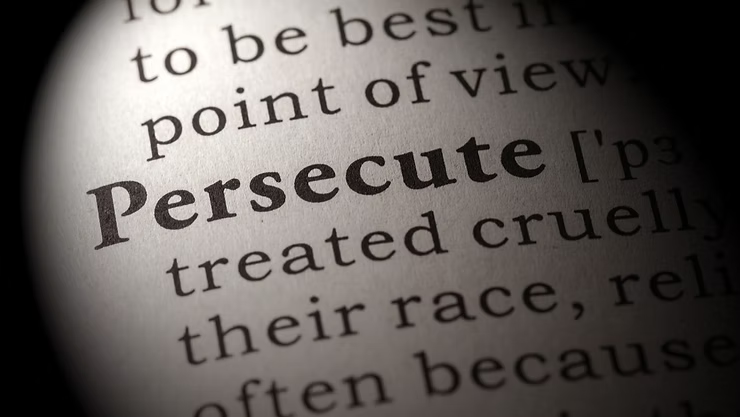Persecution in the Early Church
Persecution was a defining feature of the early church, as believers endured intimidation, imprisonment, and even martyrdom for their unwavering faith in Jesus Christ. Rather than weaken the church, persecution strengthened its resolve, spreading the gospel farther and faster than ever before.
Key Lessons from Early Christian Persecution
- Persecution united and strengthened believers.
- The gospel spread into new regions through hardship.
- Opposition emboldened believers rather than silencing them.
- Miracles and spiritual growth followed suffering.
- Early Christians followed Christ’s example of endurance.
The Origins of Persecution
Roman Persecution and Political Tension
The Roman Empire viewed Christians with suspicion, especially after the Great Fire of Rome in 64 AD. Emperor Nero scapegoated Christians, initiating the first state-sponsored persecution. Christians were accused of defying Roman gods and disrupting societal order. However, empire-wide persecution was sporadic until the third century. The Edict of Serdica in 311 AD and the Edict of Milan in 313 AD eventually ended Roman state persecution of Christians, marking a pivotal shift toward religious tolerance.
Religious Intolerance in the Ancient World
Religious intolerance was common in ancient civilizations. Jews resisted Hellenization while navigating Roman and Greek cultural dominance. Christians, emerging from this context, were similarly marginalized. The Roman Empire’s attempts to unify religious practices created friction with minority faiths, including early Christianity.
Stories of Early Christian Martyrs
Stephen – The First Martyr
Stephen’s stoning in Jerusalem marked the first recorded martyrdom in the church. His death catalyzed the gospel’s spread beyond Jerusalem. The persecution that followed did not hinder the church—it expanded it.
Polycarp – Faithful Until Death
Polycarp, Bishop of Smyrna and disciple of John, was a powerful example of steadfast faith. Refusing to renounce Christ, even under threat of death, Polycarp famously said, “Eighty-six years I have served Him… how can I blaspheme my King?” His execution further inspired early believers to remain bold in their convictions.
State-Sanctioned Persecution
Nero and Diocletian’s Campaigns
Under Nero and later Diocletian, Christians faced systemic violence. Diocletian’s “Great Persecution” in the early 4th century saw widespread imprisonment and execution. However, Constantine’s Edict of Milan eventually ended these campaigns, ushering in a new era of Christian acceptance.
The Colosseum and Gladiatorial Games
The Roman Colosseum became infamous for public executions of Christians. Believers were often thrown to wild beasts or gladiators. These cruel spectacles aimed to intimidate, but instead became symbols of unwavering Christian courage and faith.
The Legacy of Persecution
The Edict of Milan and Its Impact
The Edict of Milan was a milestone, granting Christians the freedom to worship openly. This legal shift enabled the church to grow and establish institutions, eventually influencing the broader Roman culture and governance.
Byzantine and Islamic-Era Persecutions
Even after legalization, internal conflicts such as Iconoclasm and the Great Schism led to continued persecution within Christian factions. Under Islamic rule, Christians were often marginalized and faced legal and social discrimination under dhimmi status, though some periods saw peaceful coexistence.
Conclusion
Despite immense suffering, the early church remained resilient. Persecution refined their faith and expanded their reach. Today, their legacy challenges modern believers to stand firm in adversity, knowing that trials often lead to spiritual breakthroughs.

